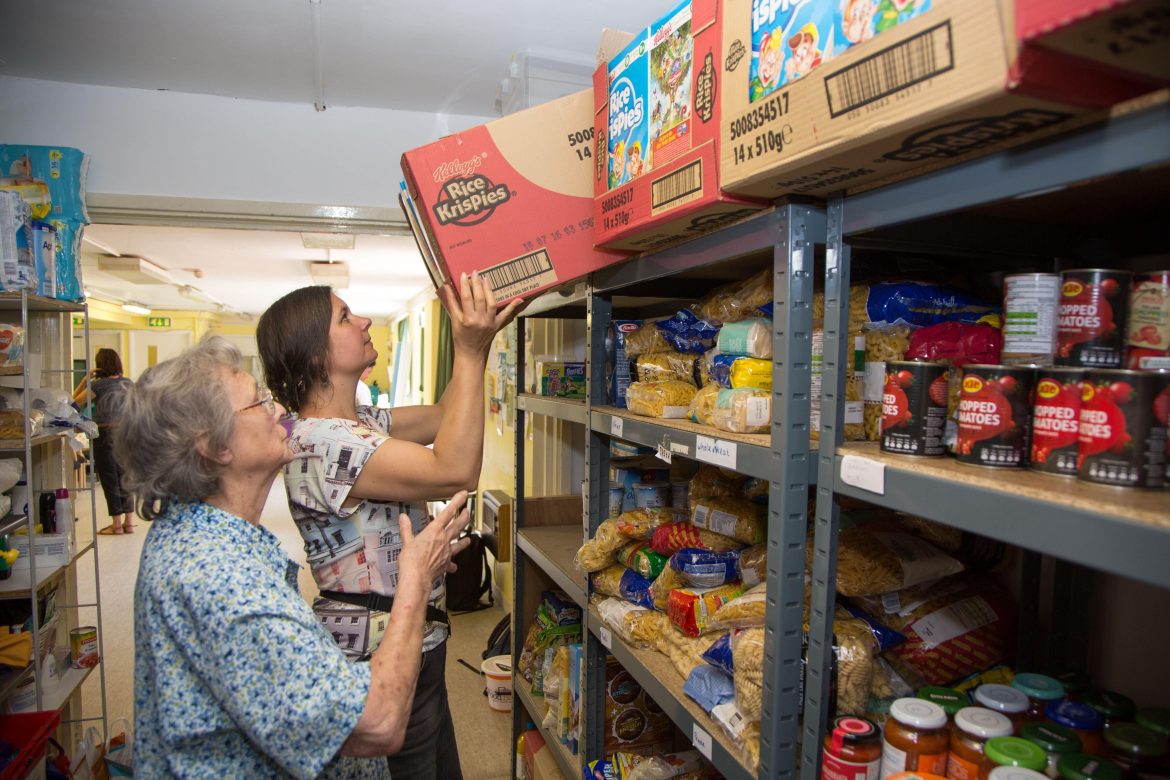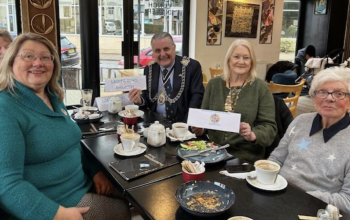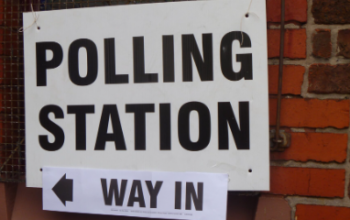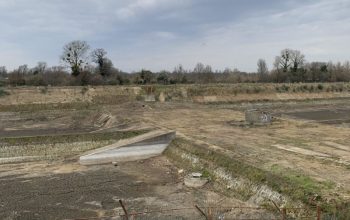Surrey food banks have seen a surge in usage during Covid-19, yet there has also been an increase in volunteers and donations, providing “heart-warming” support within communities.
According to UK charity The Trussell Trust, their Surrey food banks gave out 28,324 emergency food parcels between April 1 and September for people struggling to afford essentials, an increase from 12,750 parcels handed out during the same period of 2019.
Jenny French, coordinator of the East Elmbridge Foodbank, said: “The Covid crisis has brought about a four-fold increase in the number of people needing support from the food bank.
“The response from the local community to the crisis has been amazing and really heart-warming with a huge increase in both food and financial donations.”
Covid-19 has led to changes in those using food banks, how food banks operate, and the numbers of volunteers and donations.
The Covid-19 impact
According to The Community Foundation for Surrey, the county’s disposable income is 27 per cent higher than the UK average, making the region an affluent one.
But the number of those needing help has risen and French said food banks were designed, for those struggling financially.
She said: “We provide emergency food and other essential items to those in financial crisis.”
Alison Buckland, project coordinator of the Woking Foodbank, confirmed the increase in those in need of their service, saying demand was 20 per cent higher than it would normally be at this time of year.
Helena Carter, 39, a Surrey resident, has used a food bank for the first time this month.
She said: “I’ve been working all my life, I never thought I’d have to use a food bank.
“They made me feel welcomed and looked after me.
“I realised I was not alone, lots of people are in the same situation as me.”
In 2013, Dr Helen Bowcock wrote a report titled Hidden Surrey: Why local giving is needed to strengthen our communities.
Bowcock said: “Surrey’s appearance as a wealthy county is deceptive.
“Throughout there are tight pockets of deprivation, enclosed within housing estates or even within a few streets, with high levels of child poverty, low income, poor mental health and other significant problems.”
Arguably the pandemic has heightened the “pockets of deprivation” within Surrey.
Food banks adapt
Food banks have adapted their operations and services, making them Covid friendly, and minimising human contact.
Woking Foodbank rapidly transformed its operations in late March.
Buckland said: “Before Covid hit we were working with people coming into the food bank with a voucher that had been referred.
“But very quickly it was realised we would have to close those centres for safety reasons, so over the weekend we set up a new distributing service.
“So we had a team of people processing the food vouchers.
“Another team of people working with the volunteers and getting a rota together and then another group of people packing parcels.
“And another group of people running out in their cars and delivering the parcels… which was a complete change for us.”
More volunteers and donations
The increase in those needing to use food banks has been matched with the increase in both donations and volunteers.
Buckland said: “We’ve had so many inquiries about volunteering I’ve probably had a waiting list of about 50 people at one point in time.
“So, we’ve had loads more donation of food, loads more donations of money, everything has been bumper.”
Despite a surge in volunteers French said their volunteer numbers have to be kept low to match with Covid-19 guidelines.
She said: “We have increased our team of volunteers to cope with the increase in demand but have to limit numbers due to social distancing.”
A Covid Christmas
Christmas is a notoriously tough financial time for families as well as individuals.
Go Compare statistics report that the average UK households will spend £719 celebrating Christmas.
French said that around Christmas food banks are heavily relied on.
“Christmas is always a busy time for us as we provide Christmas hampers for all our clients and the level of donations is also higher this time of year, so our volunteers are kept busy,” she said.
The pandemic is likely to make things worse.
French said: “Look out for friends and neighbours who might be facing financial difficulties and encouraging them to seek support by contacting Citizens Advice, their children’s school, housing association or other support agency who can refer for a food box delivery.”






